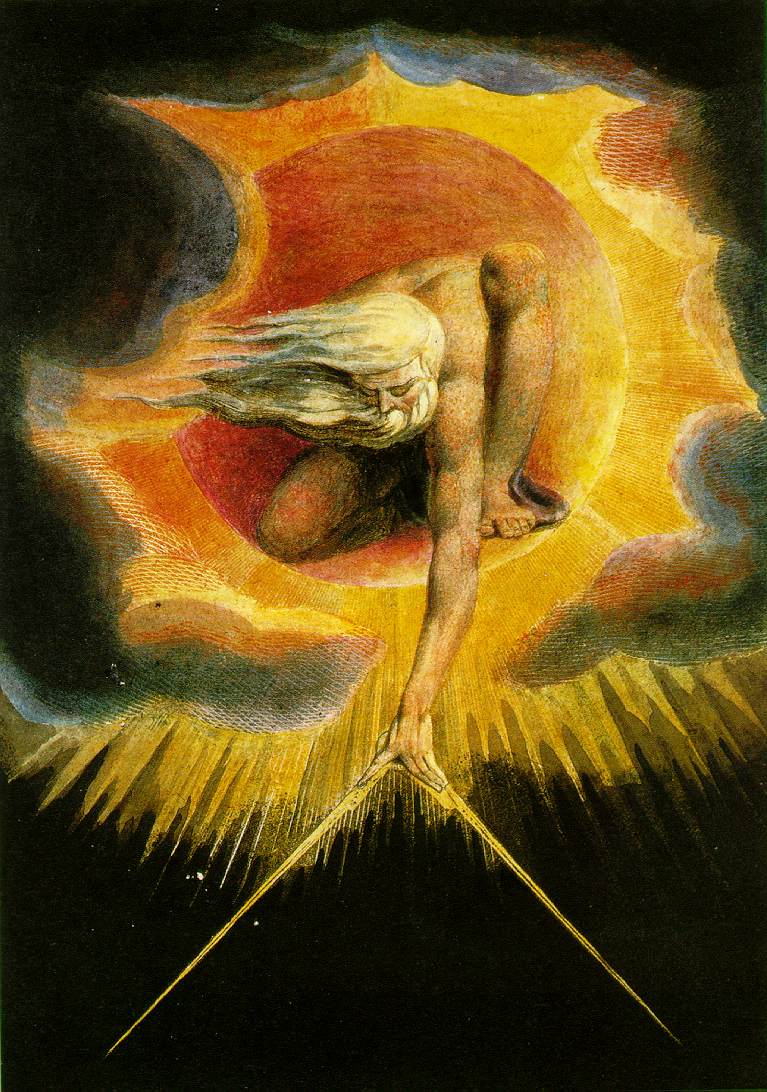Our First Moment (John the Baptizer Speaks)
Fourth Advent Sunday C (20 Dec 2015)
Homily of Fr. Paul Panaretos, S.J.
I remember well that leap I took
Within my mother’s womb
When Mary’s surprised greeting shook
The air at mom’s ears inside her room.
I knew no fear.
I leapt to fly right to my Lord and cousin;
I did so without success:
My mother’s womb, my mantle then,
She raised her hand and did caress.
I shed a tear.
My tear’s been lost in inspired words—
“Masked,” perhaps the better choice,
Like His many comings from the first,
To give both God and us voice.
I wonder here:
Ancient Bethlehem (means house of bread?)*
so poor and small all else had more,
Today is wracked--many weep, many dead:
God’s Lamb’s birthplace now home to war.
You see God’s tear?
God cries sadly, yes, and in delight.
Shivering with each vicious blow
More expertly struck to make light
of justice. Delighting to say, “Go.
Please, lend your ear:
“Go! As God we must hie to earth.
Men and women heavy tred;
We’ll take them on—our human birth—
Going gently to save the dead,
“We beg you, hear—
“—who live by war, by faction and untruth
As well as those whose lives have ended—”
This: divine delight. Less would be uncouth,
And we creation would have upended
To end your fear.
Hard as any try, and think they succeed,
From anonymous birth, which we name,
To a shameful, public death once decreed,
Mary’s Son, my Lamb’s power, none can tame.
Take heart this cheer!
His, his is a majesty subtle strong
Clothed in flesh for the sake of all.
“I come to right each sorry wrong
and choose to do so from the Fall,
“From that day drear
“To now—if you’ll only give your grace.”
Hastening to my mother, mother
Hastened to hold Mary in embrace.
That eternal time was like no other.
So cast out fear!
If any be related or locked in hate,
They prepared the world with their visit
For our Lord to visit, lasting late,
And allow God in us exhibit—
Slow to appear—
Divine delight. To my Lord I didn’t fly away
As I hoped. Nonetheless, in grace we met
In their tender visitation-kiss that day
Sav’ring before birth what God did beget.
Now pray here:
Let these hours before Christmas Day
Be the months before I saw Jesus.
Imitate my longing, infant way
So your lives, too, will rest in Jesus.
______________
* in Hebrew. In Arabic the name means house of meat.
_-_James_Tissot_-_overall.jpg)
_(14595202559).jpg)
_-_James_Tissot_-_overall.jpg)
_-_James_Tissot_-_overall.jpg)


_-_James_Tissot.jpg)


_-_James_Tissot.jpg)
